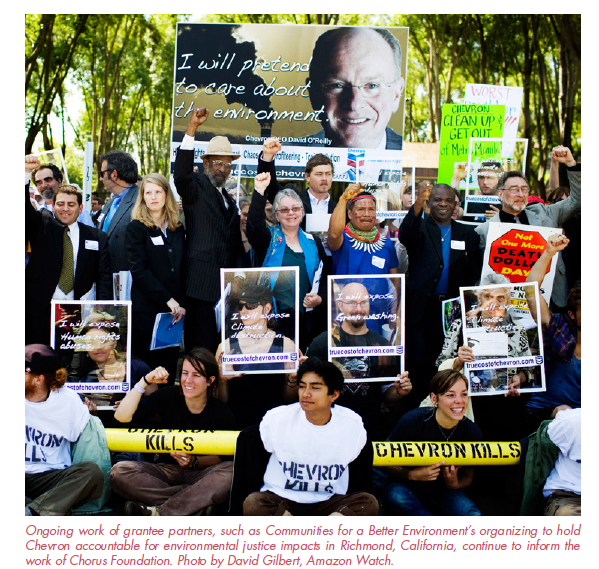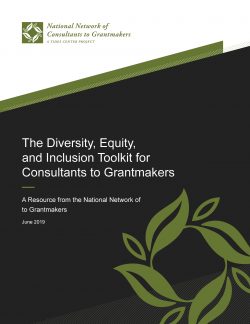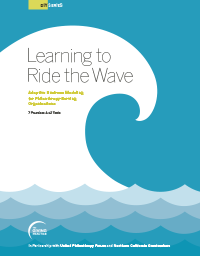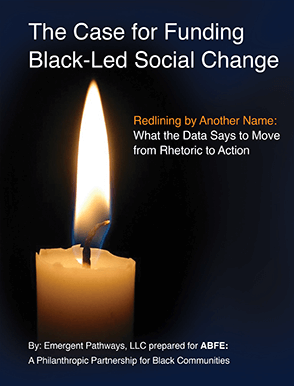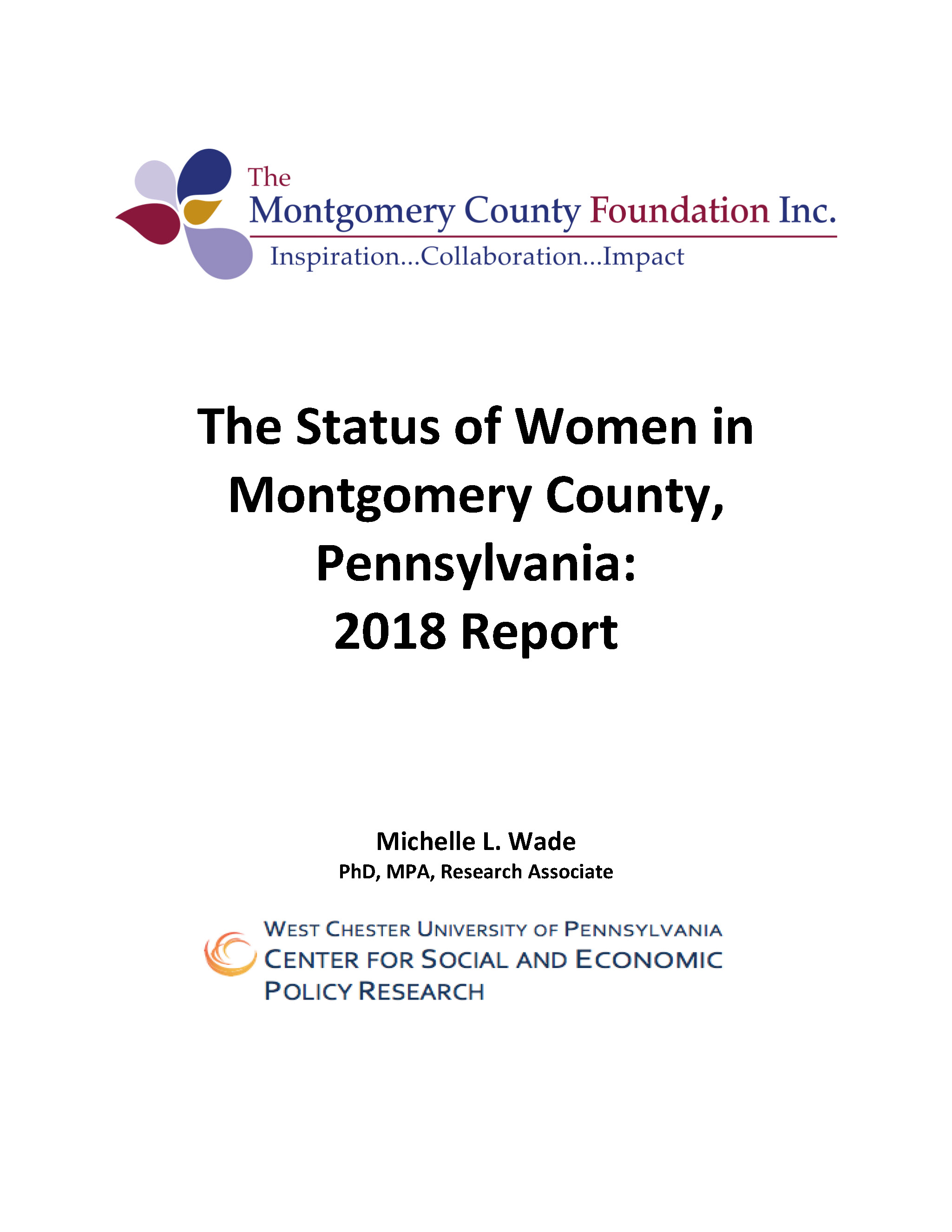Site Search
Search Tip: Search with " " to find exact matches.
How to think about power (especially if you have some)
In this case study of the Chorus Foundation, Farhad Ebrahimi shares how exploring relationships between economic, political and cultural power has been a game changer for their climate philanthropy.
Ten Ways for Foundations to Consider Diversity and Inclusive Practices
These guides are designed to help foundations consider how more diverse and inclusive practices might advance their mission by making their work more effective and more reflective of communities served. By highlighting 10 ways foundations can approach diversity, this guide seeks to spark ideas and launch further dialogue.
Talent Justice Toolkit
Benchmarking Survey: Electronic Payments to Grantees
Due to the COVID-19 pandemic, the transition to remote work has presented numerous challenges for nonprofits and foundations alike. With most grantees working off-site, foundations need to consider the most effective and cost-efficient way to get funds to them beyond mailing checks. This resource includes the results of a Philanthropy Network benchmarking survey of e-payment practices in relation to grantmaking and two discussion threads found on PEAK Grantmaking's Open Forum.
Diversity, Equity, and Inclusion Toolkit for Consultants to Grantmakers
Philanthropy Network Benchmarking Scan prepared by Frontline Solutions
Pensions & Investments: It's racial bias, not merely an issue of access
New research shows that Black fund managers must overcome racial bias to win institutional money and are judged more harshly as top performers.
Learning to Ride the Wave: Adaptive Business Modeling for Philanthropy-Serving Organizations
Census Update from the Bauman Foundation #1 (4.9.18)
Personal Stories of Racial Equity Work
In this video, United Philanthropy Forum members and colleagues share some deeply moving stories of the role that racial equity plays in their personal lives. This is the third video in a three-part Forum video series on racial equity
The Philanthropy Framework
The Case for Funding Black-Led Social Change: Redlining by Another Name: What the Data Says to Move from Rhetoric to Action
ABFE: A Philanthropic Partnership for Black Communities (ABFE), recently conducted a study to learn how leaders of Black-led social change organizations in the United States and U.S. Territories describe their interactions with institutional philanthropy.
Philadelphia Impact Investment Landscape Scan
Through a series of interviews, roundtables, and a short survey, Philanthropy Network and Urbane Development gathered input from key stakeholders in the Philadelphia region who are involved (or want to be involved) in impact investing in order to better understand their priorities, needs, and challenges and to identify key opportunities to facilitate further impact investments in the region.
The Status of Women in Montgomery County, Pennsylvania: 2018 Report
The report is an in-depth baseline needs assessment of women in Montgomery County, PA and explores eight major areas affecting the lives of women: employment and earnings; work and family; poverty and opportunity; health and well-being; reproductive rights and infant health; violence and safety; political participation; and women veterans.
Impact of COVID-19 on Nonprofits in the Greater Philadelphia Region By Counties Served
Anchored in Place: How Funders Are Helping Anchor Institutions Strengthen Local Economies
This report by the Funders’ Network for Smart Growth and Livable Communities examines the potential of anchor institutions hold to create lasting and sustainable change—and illustrates how funders are working with anchor institutions to create healthier, more equitable, and economically vibrant places to live and work.
Race influences professional investors’ financial judgments
Results of an online experiment suggest that underrepresentation of people of color in the realm of investing is not only a pipeline problem, and that funds led by people of color might paradoxically face the most barriers to advancement after they have established themselves as strong performers.
Diversity of Asset Managers in Philanthropy
For a decade, Knight Foundation has been intentional about identifying high quality, diversely-owned asset managers when investing its endowment. In response to frequent questions from a variety of stakeholders into the performance of the charitable sector regarding this issue — the questions arising from the general lack of data — Knight Foundation asked Global Economics Group to assess the representation of diverse asset managers among foundations.

